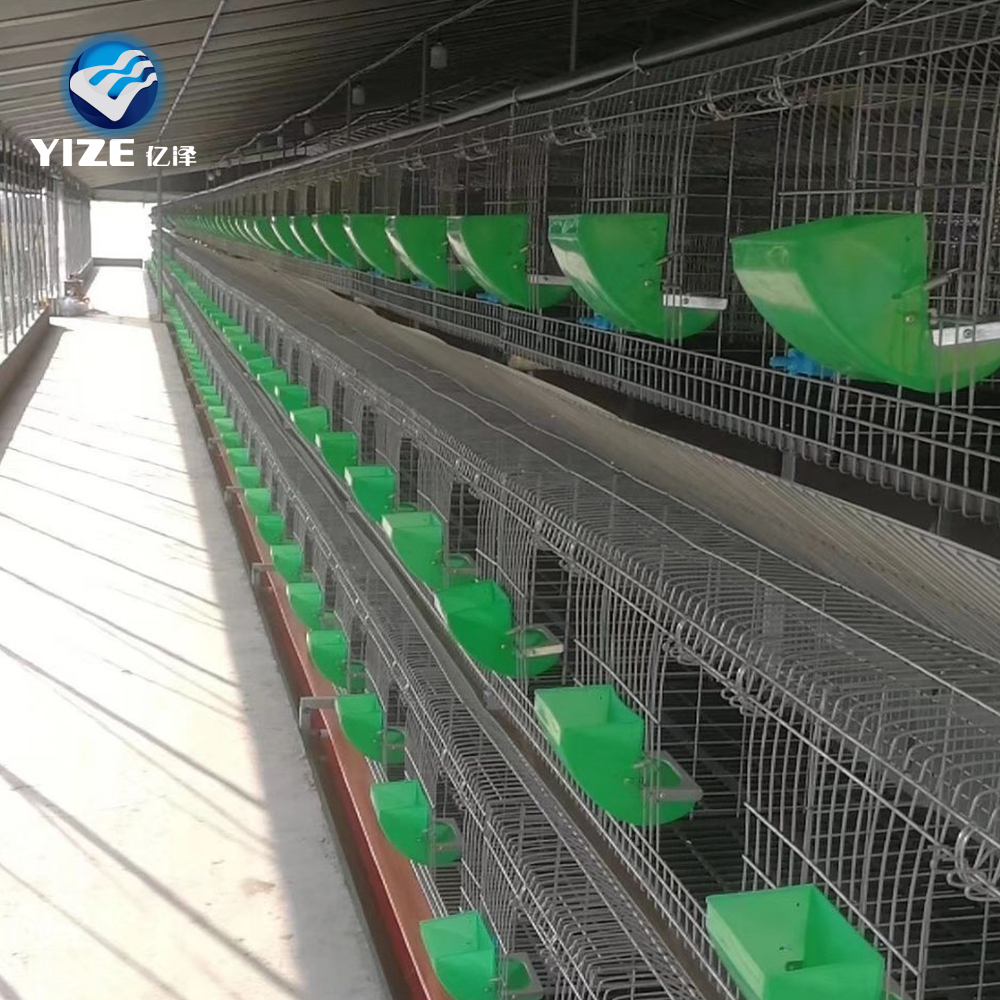Durable Plastic Chicken Transport Cages for Safe Poultry Transport
Sep . 07, 2024 05:06 Back to list
Durable Plastic Chicken Transport Cages for Safe Poultry Transport
The Role of Plastic Chicken Transport Cages in Poultry Farming
In the world of poultry farming, efficiency and animal welfare are of paramount importance. One significant innovation that has emerged to address these needs is the plastic chicken transport cage. These cages have become an essential tool for farmers, distributors, and retailers, ensuring that chickens are transported safely and efficiently from farms to markets.
Plastic chicken transport cages are designed specifically for the handling and conveyance of live poultry. Unlike traditional wooden or metal cages, plastic cages offer several advantages that enhance both the transport process and the well-being of the birds. Firstly, plastic cages are lightweight, making them easier to handle and stack. This feature is crucial during transportation, as it allows for more cages to be loaded onto trucks, optimizing space and reducing transportation costs.
Moreover, plastic cages are durable and resistant to wear and tear. They can withstand the rigors of transportation and can last for many years, offering a better return on investment for poultry farmers. Unlike wood, which can warp or splinter, plastic maintains its integrity over time, ensuring the safety and comfort of the chickens inside. Additionally, these cages are easier to clean, which helps maintain hygiene standards essential for preventing disease in poultry.
plastic chicken transport cages

Animal welfare is another critical concern in poultry transport, and plastic chicken transport cages are designed with this in mind. Many of these cages feature proper ventilation systems that help regulate temperature and airflow. Chickens are sensitive to heat stress, and proper ventilation ensures they remain comfortable during transit, reducing mortality rates. Furthermore, the design of the cages allows for adequate space for each bird, minimizing stress and aggression during transportation.
In an industry increasingly concerned with sustainability, plastic chicken transport cages also have the advantage of being recyclable. Many manufacturers produce cages from recycled materials or design them for easy recycling at the end of their lifespan. This feature aligns with the growing demand for more sustainable practices within the agricultural sector, allowing farmers to reduce their environmental footprint.
The use of plastic chicken transport cages also facilitates compliance with stringent regulations concerning animal transport. Many countries have established guidelines to ensure that farmers transport their poultry humanely. Utilizing high-quality, purpose-built transport cages can help farmers adhere to these regulations, thereby avoiding potential fines and enhancing their reputation among consumers.
In conclusion, plastic chicken transport cages represent a significant advancement in poultry farming. They offer numerous benefits, including improved efficiency, enhanced animal welfare, durability, ease of cleaning, and sustainability. As the poultry industry continues to evolve, the use of these cages is likely to increase, playing a vital role in meeting the demands of a modern and responsible agricultural system. Ultimately, the welfare of chickens during transport should be a priority for everyone involved in the poultry supply chain, and plastic transport cages provide an effective solution to this essential aspect of farming.
-
Automatic Feeding Line System-Pan Feeder Nipple Drinker|Anping County Yize Metal Products Co., Ltd.
NewsJul.29,2025
-
Hot Sale 24 & 18 Door Rabbit Cages - Premium Breeding Solutions
NewsJul.25,2025
-
Automatic Feeding Line System Pan Feeder Nipple Drinker - Anping County Yize Metal Products Co., Ltd.
NewsJul.21,2025
-
Automatic Feeding Line System Pan Feeder Nipple Drinker - Anping County Yize Metal Products Co., Ltd.
NewsJul.21,2025
-
Automatic Feeding Line System - Anping Yize | Precision & Nipple
NewsJul.21,2025
-
Automatic Feeding Line System - Anping Yize | Precision & Nipple
NewsJul.21,2025






